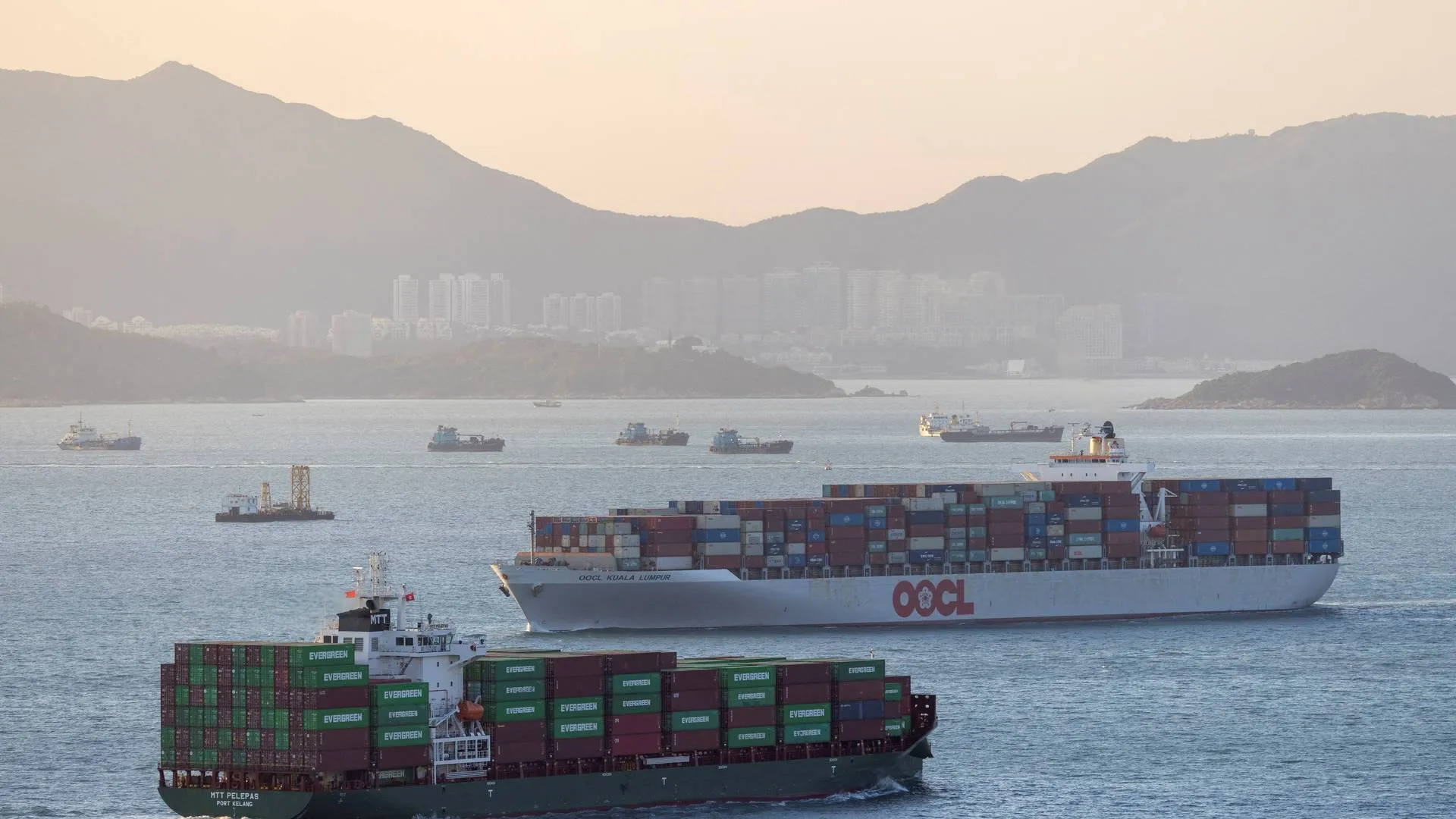Last Friday (22), TCP, the company that manages the Paranaguá Container Terminal, received the second electric bus to join its fleet. The vehicles are used to transport employees across the operations yard, which spans over 480,000 square meters.
The bus, a BYD D9W 20.410 model, has a range of 250 kilometers per cycle, a full charging time of about two hours, and features a regenerative braking system that helps recharge the battery. Marcopolo built the body in Caxias do Sul, Rio Grande do Sul. The total investment in the new vehicle was around R$3 million.
With a capacity of 30 seated passengers, the bus was fully customized, featuring low-entry access (no steps), air conditioning, and pneumatic suspension with bilateral lowering. This adjustment allows for easier boarding and disembarking, as well as clearing obstacles.
According to Kayo Zaiats, TCP’s health, safety, and environment manager, “the acquisition of the new electric bus was carried out with employee well-being, comfort, and safety in mind. It also represents another important step in TCP’s strategy to become a reference green port, reinforcing our commitment to energy transition and reducing pollutant emissions.”
TCP has been a signatory of the United Nations Global Compact since 2016 and continues to invest in reducing greenhouse gas emissions. In 2022, the terminal adopted the practice of purchasing 100% renewable electricity through the free energy market. This measure earned TCP the International Renewable Energy Certificate (I-REC) for the third consecutive year in 2025.
Another highlight is the electrification of rubber-tired gantry cranes (RTGs), machines that are over 20 meters high and weigh more than 100 tonnes, used to move cargo between trucks and container stacks. This year, TCP completed a pilot project to replace the diesel generator sets of three RTGs with electric motors, achieving a 97% reduction in carbon emissions from these machines. In terms of comparison, the annual CO₂ reduction from these three electrified RTGs is equivalent to removing 396 passenger cars from circulation.
“TCP has a fleet of 40 RTGs, the largest among Brazilian port terminals, and the electrification project is expected to expand soon,” Zaiats added.
Below is a historical overview of long-haul container movement at the Port of Paranaguá. The chart was prepared using DataLiner data:
Long-Haul Container Throughput at the Port of Paranaguá | Jan 2022 to June 2025 | TEU
Source: DataLiner (Click here to request a demo)
TCP releases /2024 Sustainability Report
TCP has also just published its /2024 Sustainability Report, based on the Global Reporting Initiative (GRI) guidelines. The document highlights the company’s main advances in ESG (environmental, social, and governance) practices, reflecting TCP’s commitment to sustainable development, operational efficiency, and socio-environmental responsibility.
The report also documents the operational achievements over the past year and demonstrates how investments in innovation, decarbonization, and social impact initiatives have supported the expansion of operations. “TCP not only grows in volume and efficiency but also raises the standard of socio-environmental responsibility in the port sector.
The new report translates, through data and actions, our commitment to the future of the planet, communities, and the economy,” said Zaiats.
Among the environmental highlights, TCP maintained for the third consecutive year the use of 100% renewable electricity certified by I-REC, even after expanding its reefer yard and electrifying equipment. The increased energy demand was supported by the construction of the new GIS F35-4 gas-insulated substation, which removed supply restrictions and paved the way for electrifying new assets.
The replacement of three diesel-powered RTGs in the rail yard with electric models cut each machine’s greenhouse gas emissions by 97%. The investment also included new electric forklifts. These initiatives contributed to a 20% reduction in CO₂ emission intensity per TEU handled in 2024.
“The report is a way to show what has been done transparently and allows anyone to track progress. It also guides future planning, aligning each decision with our commitments,” Zaiats emphasized.
The publication also introduces TCP’s first Sustainability Policy and the creation of a Sustainability Committee. The company’s ESG agenda is structured around the pillars Planet, People, and Prosperity, which guide both operations and investments in innovation and responsibility.
Environmental monitoring and community engagement
TCP’s participation in strategic forums, such as the COP for Sustainable Ports in April this year, reinforces its leadership in promoting environmental solutions in the port sector. At the event, organized by Portos do Paraná, TCP representatives presented decarbonization and biodiversity conservation projects developed both inside and outside the terminal. Earlier in the year, the company also signed the Sustainability Pact, an initiative coordinated by the state government to encourage actions aligned with the UN Sustainable Development Goals (SDGs).
Social and community initiatives are also highlighted in the report. In 2025, programs such as Remada Ambiental maintained ongoing dialogue with neighboring communities. In parallel, TCP conducts 19 continuous environmental monitoring programs, including water and air quality control, monitoring of aquatic and terrestrial fauna, and identification of endangered species such as the Guiana dolphin and green turtle. The company also supports scientific initiatives, such as the Biota Project, which identified critical areas for marine conservation and proposed the creation of an ecological corridor along Paraná’s coast.
“Our relationship with neighboring communities is built on constant dialogue and active participation. We aim for every advance at the terminal to be accompanied by actions that promote social inclusion, environmental preservation, and respect for local cultural identity,” concluded Zaiats.
The full report is available for free at the provided link.





